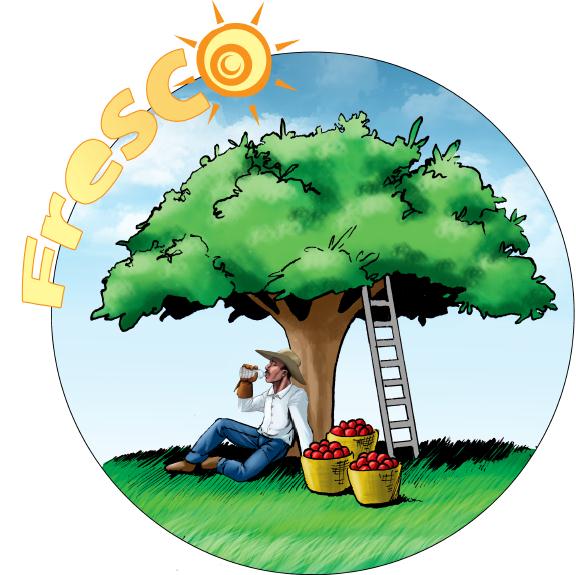Project summary

Farmworkers are 20 times more likely than the general workforce to die from working in the heat, and evidence suggests that undiagnosed heat-related illnesses among field workers are widespread. In addition, farmworkers face many barriers to receiving adequate heat-stress education. Most farmworkers do not receive education on recognizing and preventing heat stress from their employer and, while some educational materials exist on heat-stress prevention, they are inaccessible to them because they neglect social and cultural differences in terms of preferred modes of communication, as well as literacy and language barriers.
To combat heat illness in farmworker populations, NCFH partnered with the southwest center for Agricultural health, injury, prevention and education at the UT Health center at Tyler to develop project FRESCO (Farmworkers Reducing Exposure to Sun by Cooling Off). FRESCO delivered heat and sun safety information to farmworkers through community healthcare workers using the intervention mapping framework. The purpose of the study was to develop and test both a training curriculum for community health workers and educational materials for farmworkers. These materials were provided to increase sun and heat safety behaviors for the reduction of heat illness and problems related to excess sun exposure such as skin cancer.
In total, NCFH conducted a literature review, focus groups with farmworkers, heat and sun safety education materials, and training materials for community healthcare workers using the intervention mapping framework.
While the goal was to increase farmworkers heat and sun safety practices, the intervention mapping process also yielded evidence that farmworkers adherence to these practices requires a work environment that enables and reinforces safety behavior. There are interpersonal and organizational factors influencing these behaviors including supervisor or farm manager expectations and requirements, the provision of water, the availability of shade, and wage and work schedules.